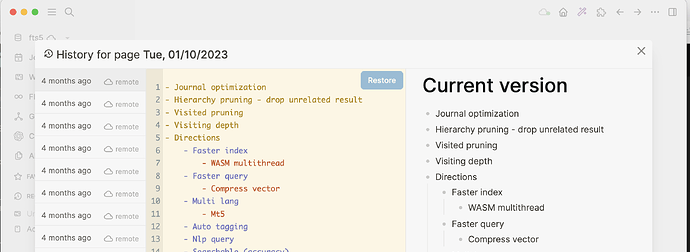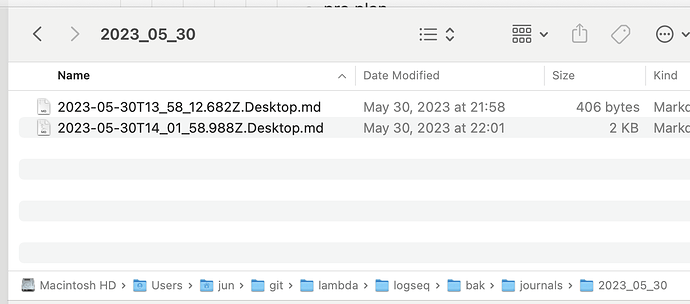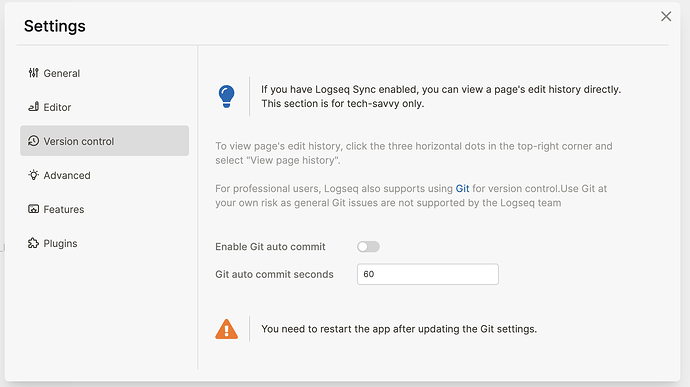Logseq is an innovative privacy-first, open-source platform for knowledge sharing and management. However, like all digital platforms, Logseq is not immune to data loss or accidental deletion. Whether due to technical glitches, accidental erasures, or overwritten information, data loss can occur. Fortunately, Logseq offers several avenues for data recovery, ensuring that you can reclaim your information and continue your knowledge management seamlessly.
This article will guide you through the various data recovery options in Logseq, to help you retrieve your valuable data when needed.
Logseq Sync and Page History
One of the significant advantages of using Logseq Sync is the page history feature available in the page menu. This feature allows you to review previous versions of a page, allowing you to recover an earlier version of your data if required. It works by keeping a record of the page’s changes, which you can revert to if necessary.It’s recommended to check all your devices for the existence of the version you are looking for.
If you’re not using Logseq Sync, you might find the file recovery feature of your sync drive helpful. It is available for most sync drives, excluding iCloud, which unfortunately does not contains this feature. The procedure may vary slightly from one drive to another, so you should refer to the user guide or support section of your sync drive for accurate instructions. For example: Recover Older Versions of Files - Dropbox Help
Logseq Backup Folder
Inside your graph directory, you will find a ‘logseq/bak’ folder. This is a built-in backup feature of Logseq that backs up your files during “critical” file system operations. However, it’s important to note that the backup feature may not always guarantee data backup in all cases. Also, it’s recommended to check all your devices for the existence of this folder and its content.
For Tech Users: Git Integration
For users familiar with git, Logseq also offers git integration of page history. This feature is an advanced tool, allowing users with git proficiency to control versions of their pages more granularly. However, it’s important to note that this feature is not guaranteed by Logseq. Thus, users should proceed with caution, and it may be advisable to seek additional support if unfamiliar with git.
In conclusion, while data loss can be frustrating, Logseq has various strategies in place to assist with data recovery. Always remember, data protection and regular backups are crucial practices to safeguard your knowledge base.


